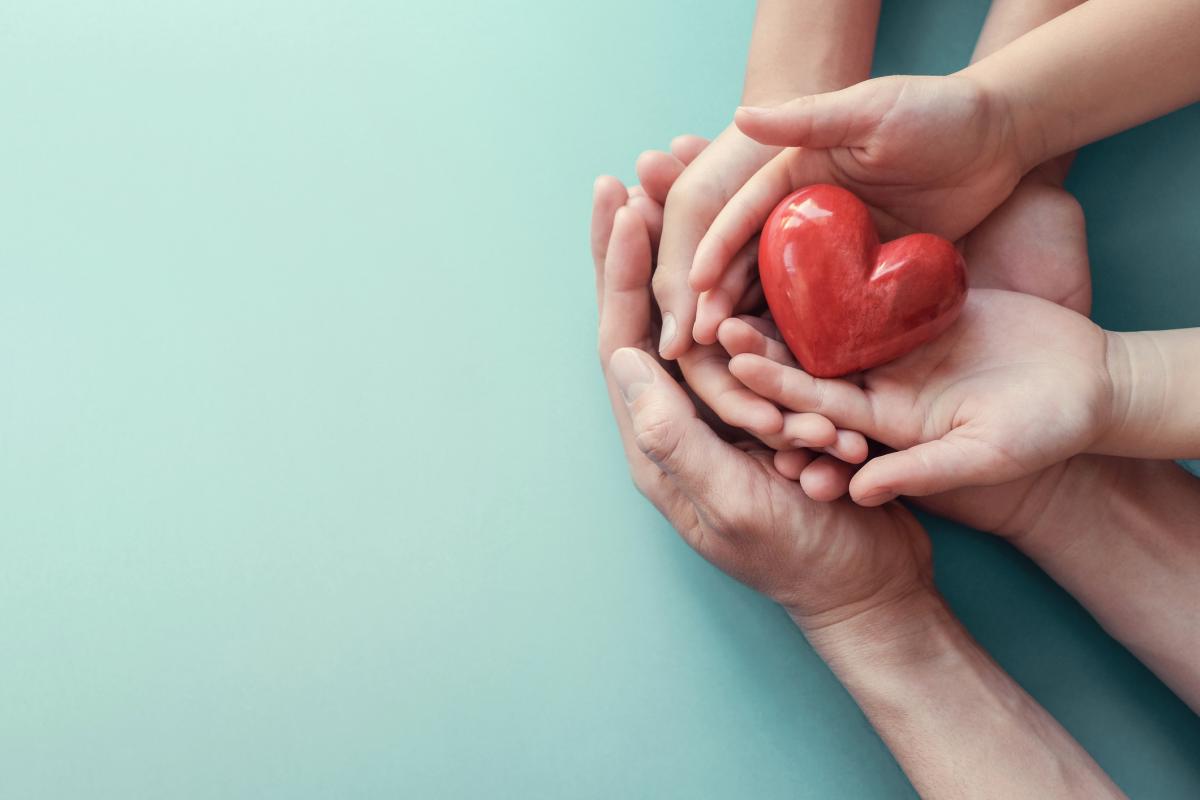Top 5 reasons to become an organ donor


April is National Donate Life month. Last year, 30,000 people began new lives thanks to organ transplants. The need for organ donors is bigger than ever. About 50 percent of the population are registered organ, eye and tissue donors. If you are not registered yet, Aleem Siddique, MD, thoracic and cardiac surgeon, offers these reasons to consider registering to become an organ donor.
Organ donation is an opportunity to help others.
People who are on an organ waiting list typically have end-stage organ disease that significantly impacts their quality of life and may be near the end of their life. Receiving an organ can become a life-changing event for these people.
The organ waiting list continues to grow.
Everyday, there are nearly 124,000 people on the waiting list for an organ and approximately 10 additional people are added each day.
One organ donor can help multiple people.
One organ donor has the potential to save eight lives, save or improve as many as 60 lives and enhance the eyesight of two.
Nebraska needs more organ donors.
In Nebraska alone, there are approximately 500 people waiting for an organ to become available. But only about 48 percent of the population of Nebraska has registered to become a donor.
People are dying while waiting for an organ.
Approximately 22 people die each day or 8,000 a year while they are waiting for an organ match to undergo a transplant.
Organ donation can be a rewarding and positive experience.
It can help a family work through the grieving process and deal with their loss by knowing their loved one is helping save the lives of others.
Becoming a donor is easy.
When you register to renew your license, simply check the box that asks if you’d like to be a donor. You can also log onto Live On Nebraska to register.
One of the biggest obstacles to organ donation is getting individuals to register to become an organ donor before they are faced with a tragic situation. “Organ donation gives a family the potential to have a life-saving impact on the lives of others,” says Dr. Siddique. “However, if that person has not taken the steps to register or discuss their wishes with their family in advance, it is very difficult for a family to make that decision when they are still dealing with their own loss.”
The need for organ donors has been rising significantly over the years. The reason? The number of people with end-stage organ failure has been rising and, with advances in transplantation, a greater proportion of these people are eligible for organ transplantation.
Another obstacle is a lack of understanding of what it really means to be an organ donor. Dr. Siddique helps uncover some of these myths:
If I register to become an organ donor, my doctors won’t work as hard to save my life.
“Not true,” says Dr. Siddique. “Patients are being cared for by non-transplant medical professionals who do not know whether the patient is a registered donor. A person only becomes eligible to be considered for organ donation after a person has been declared brain dead or it is determined that further care will not be beneficial. Additionally, there are very strict criteria that must be followed before a person can be declared dead.
An open-casket funeral isn’t an option for people who have donated.
Not true. What is done when someone donates their organs is no different than what is done when performing an autopsy. Once they are clothed, you cannot tell the difference. Through the entire donation process the body is treated with care, respect and dignity.
I’m too young to make that decision.
“There is no age limit on organ donation, therefore, it is never too early to begin the conversation about organ donation,” says Dr. Siddique. “Families should start having discussions about organ donation during school age.”
I’m too old to donate.
“There’s no absolute age exclusion,” notes Dr. Siddique. “If you are otherwise healthy, many of your organs could still be viable for an organ donation. The transplant surgeon evaluates the organs and decides whether they are suitable on a case-by-case basis.”
I’m not in good enough health to donate my organs.
Very few medical conditions disqualify you from donating your organs. It may be determined that certain organs are not suitable for transplantation, but other tissues and organs may be fine. Simply put, a disease in one organ does not preclude other organs from being donated.
Organ donation is against my religious beliefs.
Most religions support organ donation, including Catholics, Protestants, Islam and most branches of Judaism and see it as the final act of love and generosity toward others. If you are unsure, the federal website, OrganDonor.gov provides religious views on organ donation and transplantation by denomination.
My family will be charged additional costs if I donate my organs.
The organ donor and family are never charged for donating organs.
I’d like to donate one of my kidneys but I can’t unless one of my family members is in need.
That is no longer the case. In fact, half of all kidney transplants come from living donors, many of these are from donors other than family members. If you would like to become a living kidney donor, you will undergo extensive questioning and testing first to evaluate your kidneys and determine if you are healthy enough to live with just one kidney.




